
The Center for Cyber & Artificial Intelligence, formerly known as the Cybersecurity Center, is hosting its annual open house on Oct. 25 from 6-8 p.m. at CSUSB’s Jack H. Brown College of Business and Public Administration.
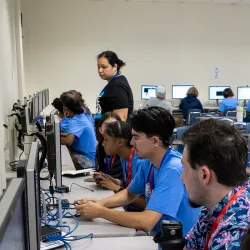
CSUSB’s Center for Cyber & Artificial Intelligence hosted its 10th annual youth cyber summer camp, “CyberGuardians: Navigating the AI-Enhanced Future,” from July 7-12, introducing 60 Inland Empire high school students to the world of AI and cybersecurity.
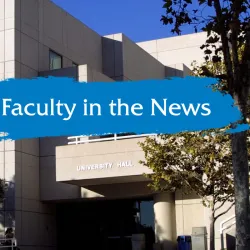
Tony Coulson (cybersecurity) was interviewed about ransomware and cybersecurity attacks, and Brian Levin (criminal justice, emeritus) will moderate an event on the history of discrimination in the Inland Empire hosted by Zócalo Public Square on July 16.

CSUSB’s Center for Cyber & Artificial Intelligence, in collaboration with the Office of Pre-College Programs, is hosting the 10th annual youth cyber summer camp, “CyberGuardians: Navigating the AI-Enhanced Future,” from July 7-12. The camp will welcome 60 high school students from across the Inland Empire region.
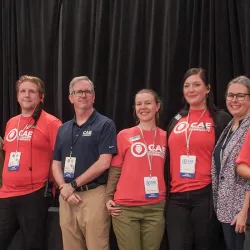
The annual Center of Academic Excellence (CAE) in Cybersecurity Community Symposium, hosted by CSUSB’s Cybersecurity Center, on April 16-17 in Louisville, Ky., was attended by over 400 universities and colleges.
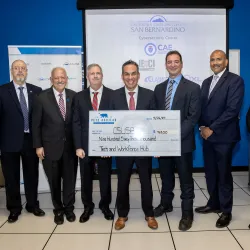
U.S. Rep. Pete Aguilar recently visited CSUSB to formally present a ceremonial check for $963,000 that will launch the Cybersecurity Center’s Tech and Workforce Hub Project.
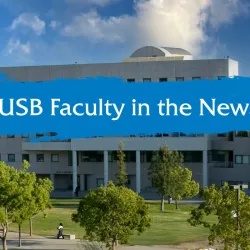
Mike Stull (entrepreneurship) was interviewed about the Entrepreneurial Resource Center in San Bernardino, the recently published book by Marc Robinson (history) was reviewed, Tony Coulson (cybersecurity) was quoted in an article about safeguarding water infrastructure from cyber attacks, and Edward Gomez (art) was the judge for the juried 55th Annual Multi Media Mini Show at the Redlands Art Association.

CSUSB’s Cybersecurity Center received federal funds to launch a Tech and Workforce Hub Project, a forward-thinking initiative designed to propel students into cybersecurity careers and address the nation’s shortfall of qualified professionals in the field.
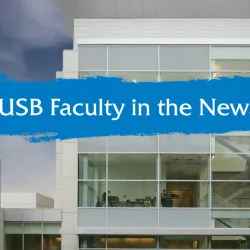
Tony Coulson (cybersecurity) was interviewed for a segment about CSUSB’s cybersecurity program receiving federal funds for its Tech and Workforce Hub project, and Stuart Sumida (biology) was mentioned in an article about the recently released movie, “Kung Fu Panda 4,” for which he served as a consultant.